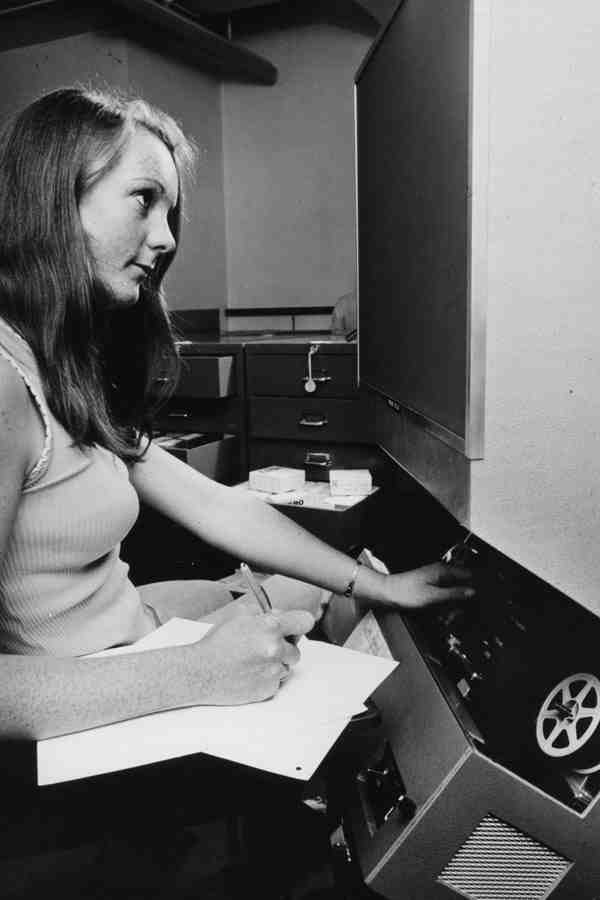 by Hannah Hiles
by Hannah Hiles
If ever there was a job that requires being all things to all people, the university communications officer must surely be high on the list.
The Vice-Chancellor wants to tell staff about changes to the University strategy. An academic wants to share her research findings with the media.
A member of the local community wants to know when the observatory is open to the public. A graduate wants to update their details on the alumni database. A current student wants to know where their exam is being held. A prospective student wants to know about sports facilities on campus.
These are all typical scenarios that come through our office, especially now that social media allows people to get answers quickly, easily and informally.
And while this need for a broad overview of everything happening in your organisation is a requirement of all communications roles, working in a higher education institution carries with it an extra responsibility. For many stakeholders, the University is not a faceless institution but somewhere in which they are emotionally and financially invested.
It’s not enough to simply pump out information – you need have a real voice, a real heart, and build authentic relationships across the board.
Leading Keele’s social media communications, I try to be the online embodiment of the University’s real world qualities – we are known for our exciting approach to higher education, beautiful campus, strong community spirit and excellent student life.
When I (as @KeeleUniversity) re-tweet a graduating student’s heartfelt words about how much they will miss the University, I am reinforcing the message that Keele is a great place to be, encouraging prospective students, validating current students’ choices and reassuring alumni that the University is still as it was.
When research stories begun through traditional media relations pick up international coverage through sharing across social platforms, the reputation of the University is enhanced, benefitting all connected with it.
And when lots of questions appear on Facebook about accommodation, it’s an opportunity to review the information we provide to applicants and make sure it’s as it should be.
Our students are excellent ambassadors and are happy to answer questions from prospective students on Facebook and Twitter, making them part of the University community before they even arrive. It’s a whole world away from when I started university in 1997, with nothing but a paper prospectus to answer my questions and calm my nerves.
And once they are here, they continue to engage with the University’s online presences and each other. A few years back our students won the O2 UK’s Favourite University competition on Facebook and Keele’s place on a recent Monopoly board was partially secured through the students’ activities on- and offline.
Balancing what we want to tell our varied audiences with listening to and learning from what they want to tell us – and each other – is the key to creating digital comms which complement, inform and strengthen real world interactions, to the benefit of stakeholders and the institution.
Hannah Hiles is currently on maternity leave from her role as media and communications officer at Keele University in Staffordshire.
